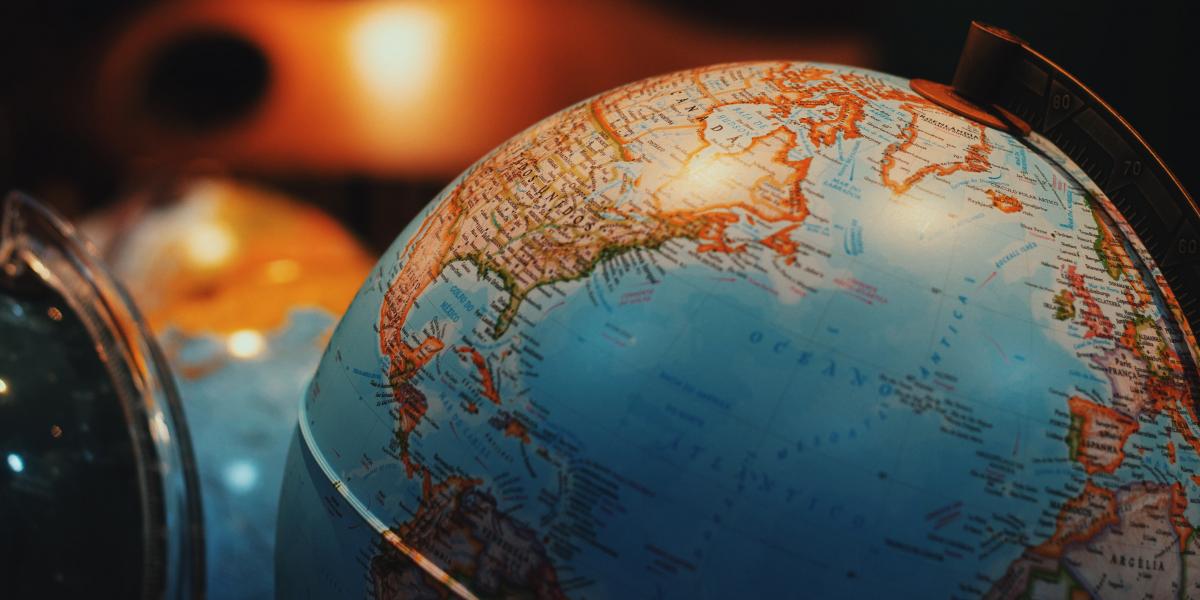Mental Geography: The Atlantic World

Each year, the NAFSA Annual Conference presents a rich array of sessions and events. In 2019, a new session, the Atlantic World Forum, brought together international educators from Africa, the Americas, and Europe to explore and expand our perspectives on culture and connections. Myriads of cultural, culinary, linguistic, historical, economic, and political ties connect the countries that surround the Atlantic Basin. These connections can underpin fruitful exchanges and discussions of internationalization at home.
As we think about ways to connect people, we may want to expand our mental geography. In this case, bodies of water may bind rather than separate. Think of the Pacific Rim, the Mediterranean, or the Caribbean. Each of those is an evocative term suggesting interrelated cultures and histories.
The concept of interconnected dynamics was woven throughout the Atlantic World Forum. The first hour of the new event posed questions such as: “Is there an Atlantic world?” and “What might these intercontinental concepts mean today?” The second hour explored examples of relevant exchanges.
Examining our mental geography may spark new ideas for mobility and other international education programs. For example, highlighting historical and cultural connections may make education abroad an appealing activity to a more diverse group of students. According to Inside Higher Ed, among the students at historically black colleges and universities (HBCUs) who undertake education abroad, a higher percentage go to Latin America and the Caribbean and to sub-Saharan Africa than does the U.S. student population at large.
Building connections may facilitate more opportunities











